Writing
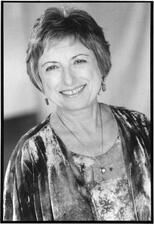
Ora Bat Chaim
Ora Bat Chaim is a poet, painter, and concert manager who in her late 50s began a prolific music composition career. Bat Chaim was the manager of the Zavit Theater and composed over 400 pieces for musicians, plays, and movie soundtracks. Her music can be described as a reflection of Jewish mysticism, yoga, and universal principles of truthfulness, compassion, and tolerance.
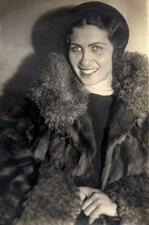
Shulamit Bat-Dori
Shulamit Bat-Dori defied notions about the inappropriateness of theater in the kibbutz, creating popular and acclaimed plays for the masses. Bat-Dori joined Ha-Shomer ha-Za’ir and made Aliyah in 1923, bringing her passion for theater, dance, music, and languages to Kibbutz B (later Mishmar ha-Emek). She wrote plays and founded the Kibbutz theater.

Yokheved Bat-Miriam (Zhelezhniak)
Yokheved Bat-Miriam was part of a group of pioneering Hebrew women poets in the 1920s. Her poetry commemorates the religious and emotional lives of Jewish women and frequently focuses on women of the Bible who composed and/or recited poetry.
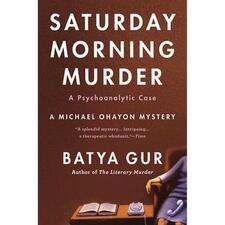
Batya Gur
Israeli author Batya Gur is best known for her mystery novels centering on the investigations of detective Michael Ohayon. Her work brought literary complexity to the Hebrew mystery novel.

Vicki Baum
Writer, playwright, and screenwriter Vicki Baum is best known for her book, adapted into both the Broadway play and Oscar winning film, Grand Hotel. She wrote over 30 books and became one of the world’s best-selling authors of her time. Her works frequently depict powerful, self-reliant women.
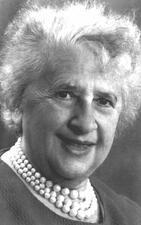
Sarah Bavly
Dutch-born Sarah Bavly was a pioneer nutritionist in the Yishuv who laid the groundwork for Israel's nutritional infrastructure and educational programming, directing Hadassah's hospital nutrition departments and school lunch programs and establishing the State's first College of Nutrition.

Emily Bazelon
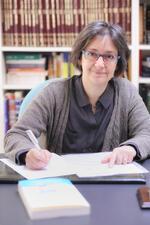
Pauline Bebe
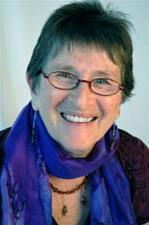
Evelyn Torton Beck
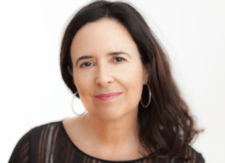
Ruth Behar
Award-winning cultural anthropologist Ruth Behar has conducted groundbreaking research in Spain, Mexico, and her native Cuba. Her innovations in cultural representation have transformed ethnographic writing and reached a broad, non-academic audience through her film, poetry, personal essays, and young adult fiction.
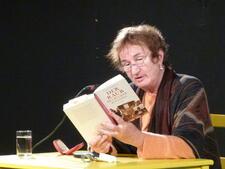
Katja Behrens
Friha Ben Adiba
Friḥa Ben Adiba (c. 1730-1756) is the sole woman Hebrew poet from North Africa, who wrote Hebrew liturgical and messianic poems in the way of hundreds of rabbinic poets. She was born and grew up in Morocco but around 1750 arrived with her family in Tunis, where she died a few years later as a martyr in a pogrom. After her death she became a saintly figure for the Tunisian Jews.

Ruth Ben Israel
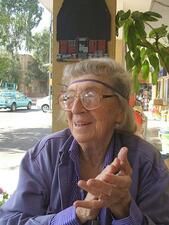
Netiva Ben Yehuda
Netiva Ben Yehuda was a Jewish-Israeli writer, poet, broadcaster, and Palmah officer. Ben Yehuda’s works surround her experiences before, during, and after her service in the Jewish underground Palmah and her dedication to enriching the lexicon of spoken Hebrew.
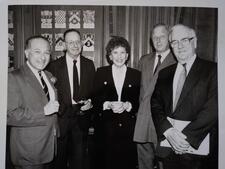
Hadassa Ben-Itto

Miriam Ben-Porat
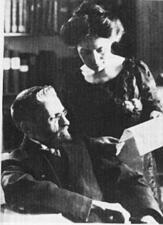
Hemdah Ben-Yehuda
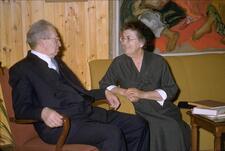
Rahel Yanait Ben-Zvi
Rahel Yanait Ben-Zvi was the second First Lady of Israel, wife to President Yizhak Ben-Zvi. Before and after Ben-Zvi’s tenure, she was active in the labor movement in Palestine and Israel and in the independence movement, as well as a prolific writer and recorder of her experiences in Erez Israel.
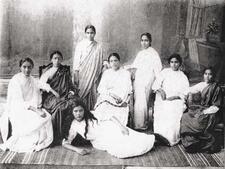
Bene Israel
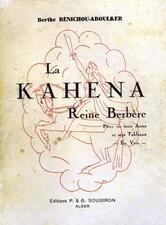
Berthe Bénichou-Aboulker
Writer and artist Berthe Bénichou-Aboulker was born in Oran, French Algeria, in 1886. She published a number of collections of poems and plays. After publishing her first play in 1933, she became the first woman writer to be published in Algeria.
Karen Berger
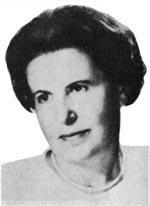
Lili Berger
A prolific literary critic and essayist who wrote fiction, short stories, and novels, Lili Berger worked to educate, instruct, expose, and memorialize. Her works captured the Polish-Jewish experience in the twentieth century, particularly those of other writers and artists.

Hinde Bergner
Hinde Bergner holds a special place in Yiddish literature by virtue of the fact that her memoir of family life in a late nineteenth-century Galician shtetl is one of few extant Yiddish memoirs to describe the traditional Jewish family on the edge of modernity from the perspective of a woman. Her intimate portrayal of her life results in a valuable source for Jewish social, family, and women’s history.
Beatrice Berler
Beatrice Berler was an award-winning translator of Spanish-language novels and history and a renowned community activist. She worked in women’s fashion for over twenty years before returning to school at the age of forty-five, eventually becoming nationally recognized as a literacy activist.
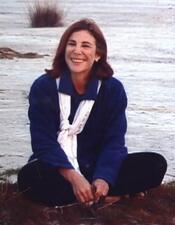
Sabina Berman
Sabina Berman is a Mexican-Jewish playwright, screenwriter, film director, author, poet, and journalist. Considered Mexico’s most successful and critically acclaimed playwright alive, her plays have been staged internationally and her novels have been translated into eleven languages and published in over 33 countries.


